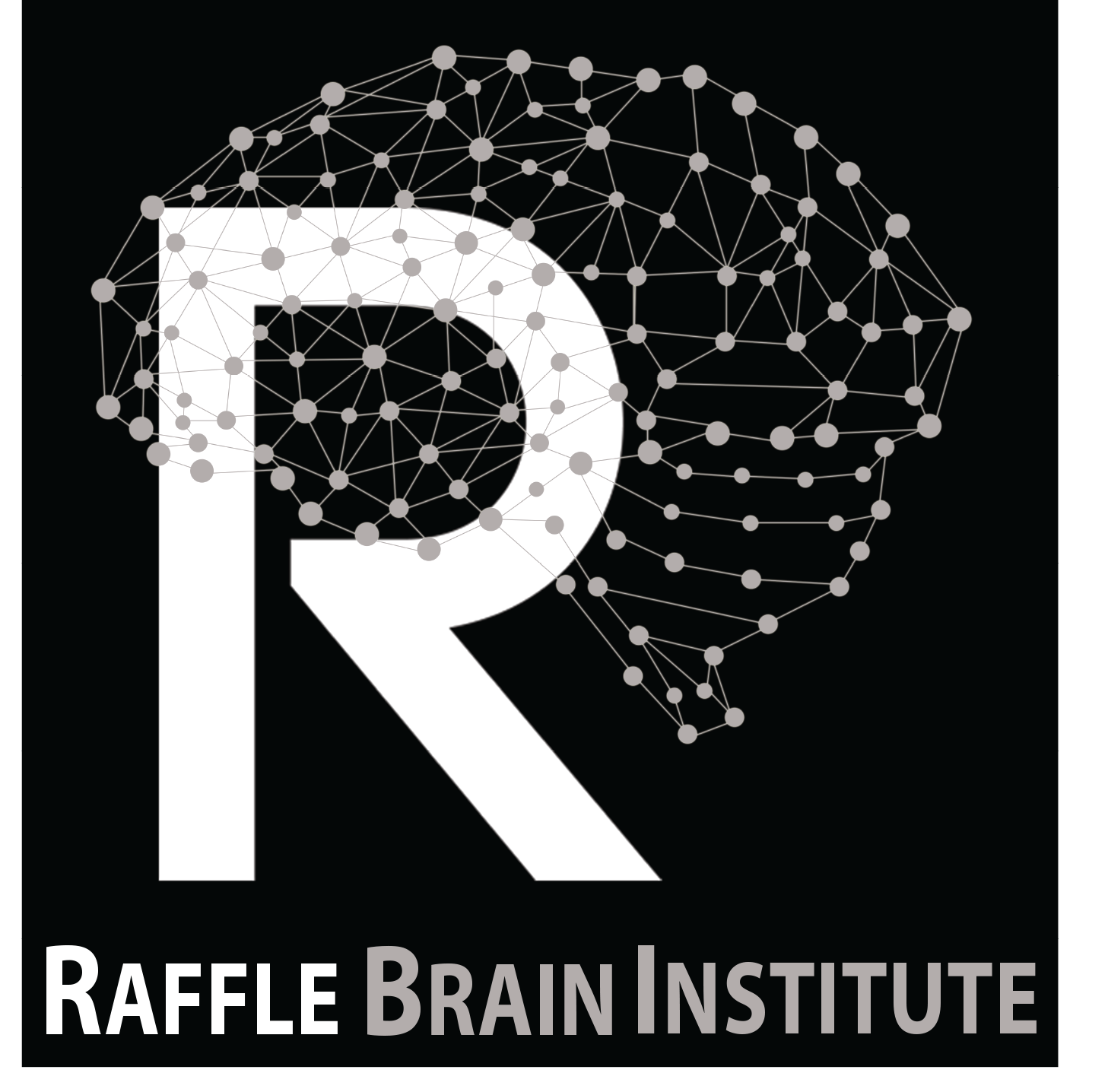
Psychotherapy
What is psychotherapy?
During psychotherapy, you are in a safe, empathic, non-judgmental, and confidential environment in which you can comfortably explore your thoughts, beliefs, emotions, and sensations.
The goal of psychotherapy is self-empowerment: Power to create change and improve the quality of your life. Power to make peace with past traumas and to accelerate your personal growth. Power to manage your anger and strengthen your coping skills. Power to resolve conflicts and to create more satisfying relationships. Power to break self-destructive patterns and develop self-confidence and self-acceptance. And the Power to make those conscious changes that will lead to a better and more meaningful life.
The initial session is 1 hour, followed by weekly 1- hour sessions.
During our first meeting we perform a complete biopsychosocial interview – a discussion of your medical history, family stories, academic experiences, and employment background. We talk about what you hope to gain from therapy, and discuss the various ways in which I will be able to help you. Finally, we make a plan of action, and set temporary time-frames for accomplishing short- and long-term goals. We then meet once a week for 1-hour sessions until we reach the most important goal – that you can function successfully in life without the need for therapy.
What to Expect During Individual Psychotherapy
When we better understand the workings of our brains, we gain greater control over our lives, our futures, and our happiness. Dr. Raffle provides cognitive-based, client-centered, compassionate psychotherapy in a protective and accepting atmosphere, where individuals feel empowered to explore their own pathways toward self-discovery, positive personal growth, self-confidence, and self-healing.
Therapy works because it creates resiliency – the mental, emotional, and behavioral flexibility to successfully adjust to and cope with the challenges and adversities of life – which is crucial in dealing with a serious medical problem.
Dr. Raffle has experience working with individuals with common psychological conditions, including anxiety, depression, Bipolar disorder, obsessive-compulsive disorder, schizophrenia, and many other conditions. He also specializes in psychotherapy for individuals with cognitive and memory impairments from brain injury, stroke, cerebral palsy, multiple sclerosis, and Attention-Deficit/Hyperactivity Disorder (ADHD).
Dr. Raffle works with clients facing end-of-life issues, both in preparation for eventual loss, and the grief and bereavement process following the loss, for patients of all ages and their families. Everyone during these crises needs a professional who has the knowledge and experience to guide them through this most difficult time of life.
What to Expect During Group Therapy
Imagine an opportunity where, in a safe and accepting environment, you can “try out” being yourself, perhaps for the first time in many years, in a controlled setting where you have the confidence that there will be no “punishment” or negative consequences, but rather positive feedback and support.
Imagine a “laboratory” where you can experiment with how you would like to behave, choose what you would like to become, and let yourself just “be” the way that you believe you are inside, all the while knowing that others, all of who are doing the same thing, are on your side and willing to help you.
You have a lifetime of experience learning in groups – you’ve been in group sessions since nursery school! All of us have initial fears about joining a new group – What if they don’t like me? What if I dislike others? – but in nearly every case the power of togetherness and the motivation to help others, and to be helped by others, wins out.
The group experience is the most powerful and meaningful adventure a person can experience. It will be worth your time and energy.

